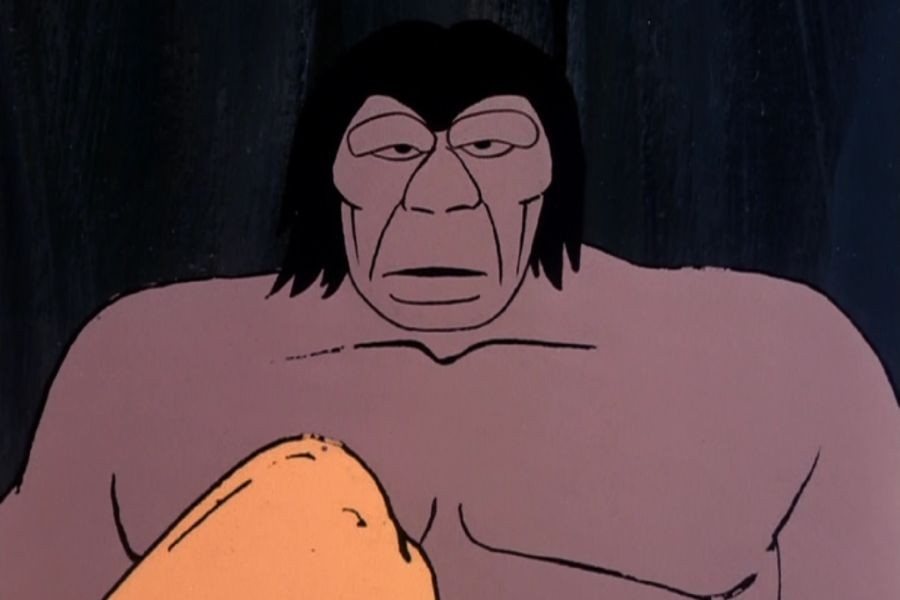In a world where dietary trends come and go, the "caveman" or Paleo diet has persisted, capturing the imagination of many who seek to align their eating habits with those of our Paleolithic ancestors. This diet emphasizes foods presumed to have been available to early humans, such as meats, fish, fruits, vegetables, nuts, and seeds, while eschewing processed foods, grains, and dairy. But is this lifestyle still relevant in 2025, especially for New Zealanders who navigate a unique blend of cultural influences and environmental considerations?
Understanding the Paleo Diet
The Paleo diet is rooted in the concept of consuming foods that humans are genetically adapted to eat. This approach is based on the presumed diet of our prehistoric ancestors, focusing on whole foods and excluding processed ingredients. The rationale is that modern diseases are linked to the consumption of agricultural and processed foods that our bodies have not evolved to digest properly.
Pros of the Paleo Diet
- Emphasis on Whole Foods: The diet promotes nutrient-dense foods like vegetables, fruits, and lean meats, which are beneficial for overall health.
- Reduced Sugar Intake: By eliminating processed foods, individuals often consume less sugar, which can lead to improved metabolic health.
- Anti-Inflammatory Benefits: The diet's high intake of vegetables and omega-3 fatty acids from fish can help reduce inflammation.
Cons of the Paleo Diet
- Exclusion of Food Groups: By removing grains and dairy, individuals may miss out on essential nutrients like calcium and fiber.
- Cost: The focus on organic and grass-fed meats can make this diet more expensive than conventional diets.
- Social Limitations: The restrictive nature of the diet can make dining out or social eating occasions challenging.
New Zealand's Unique Context
In New Zealand, the Paleo diet intersects with local food culture and economic factors. The country's agricultural sector is robust, with a significant emphasis on dairy and meat production. According to Stats NZ, the agriculture sector contributes about 5% to the country's GDP, highlighting its importance. This raises questions about the feasibility and sustainability of a Paleo diet in a nation where grains and dairy are staple exports.
Case Study: The Rise of Paleo Businesses in New Zealand
Several businesses in New Zealand have capitalized on the Paleo trend by offering products and services tailored to this market. One such example is the Auckland-based "Paleo Café," which has seen a significant increase in patronage since its inception in 2020. The café specializes in dishes that adhere strictly to Paleo guidelines, using locally sourced ingredients to support regional farmers.
- Problem: Initially struggled to attract a broad customer base due to the niche nature of the diet.
- Action: Implemented community events and collaborations with local gyms to increase awareness and interest.
- Result: Within two years, the café reported a 30% increase in revenue, with a steady stream of regular customers.
- Takeaway: Aligning a business model with a popular lifestyle trend and engaging with the community can drive success.
Data-Driven Insights
According to a 2023 report by the Ministry of Business, Innovation and Employment (MBIE), the wellness industry in New Zealand is experiencing rapid growth, with dietary trends like Paleo playing a crucial role. The report indicates a 15% annual increase in health-related product sales, with organic and natural products being the most sought after.
Furthermore, a study by the University of Auckland found that 40% of surveyed New Zealanders have tried a form of the Paleo diet, citing health benefits and weight management as primary motivations. This data underscores a significant interest in dietary practices that promote wellness and align with modern health goals.
Debunking Common Myths
- Myth: The Paleo diet is inherently low in carbs. Reality: While it excludes grains, the diet includes fruits and vegetables, which provide carbohydrates.
- Myth: All meats are Paleo. Reality: The diet specifies grass-fed and organic meats, not conventionally raised livestock.
- Myth: The diet is universally healthy. Reality: It may not suit everyone, especially those with specific dietary needs or restrictions.
Industry Insight: The Future of Paleo in New Zealand
Looking forward, the Paleo diet's relevance in New Zealand hinges on its adaptability to local resources and environmental sustainability. With increasing awareness around environmental conservation, there's a growing push towards sustainable food practices. The Paleo diet, with its focus on whole and organic foods, aligns well with these values.
However, the challenge lies in balancing the diet's principles with the economic realities of food production in New Zealand. As the Reserve Bank of New Zealand projects a steady increase in food prices, consumers may need to adapt their dietary choices to remain financially viable while maintaining health priorities.
Contrasting Views
While proponents argue that the Paleo diet offers numerous health benefits and aligns with sustainable practices, critics point to its restrictive nature and potential nutritional deficiencies. A middle ground approach suggests incorporating aspects of the Paleo diet, such as reducing processed foods, while ensuring a balanced intake of all essential nutrients.
Future Trends and Predictions
By 2030, the Paleo diet may evolve to incorporate more locally sourced plant-based options, aligning with the global push towards sustainability. As New Zealand continues to innovate in agritech, there may be opportunities to develop new food products that fit Paleo principles while supporting local agriculture.
Experts predict that personalized nutrition, powered by advancements in genetic testing, will allow individuals to tailor their diets more precisely to their health needs. This could lead to a more nuanced version of the Paleo diet, personalized to each individual's genetic makeup.
Conclusion
The Paleo diet remains a relevant and adaptable framework for those seeking a healthier lifestyle in 2025, especially within the unique context of New Zealand's food culture and economy. While it offers potential health benefits, individuals should approach it with flexibility and awareness of nutritional balance.
For those interested in exploring the Paleo lifestyle, consider starting with small changes, such as incorporating more whole foods and reducing processed items. Share your experiences and insights with the community—what challenges have you faced, and how have you adapted the diet to suit your needs?
People Also Ask
- How does the Paleo diet impact businesses in New Zealand? NZ businesses leveraging the Paleo trend report increased consumer interest and revenue growth, particularly in the wellness sector.
- What are the biggest misconceptions about the Paleo diet? A common myth is that it is low-carb, but Paleo includes carbohydrate-rich fruits and vegetables.
- Who benefits the most from the Paleo diet? Individuals seeking improved metabolic health and reduced inflammation benefit significantly, as do businesses offering Paleo-friendly products.
Related Search Queries
- Paleo diet New Zealand
- Benefits of the Paleo diet
- Paleo-friendly recipes
- Is the Paleo diet sustainable?
- Paleo vs. Keto
- Impact of the Paleo diet on health
- Local Paleo food suppliers
- Paleo diet and environmental impact
- Paleo diet meal plans
- New Zealand dietary trends 2025

































nanceecase0316
5 months ago